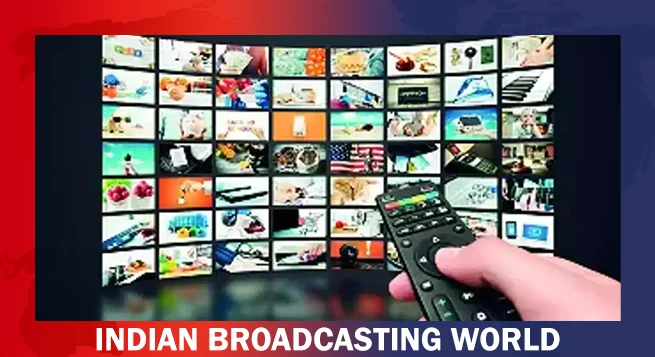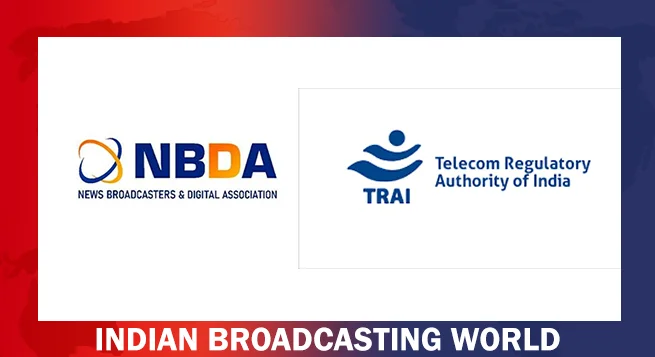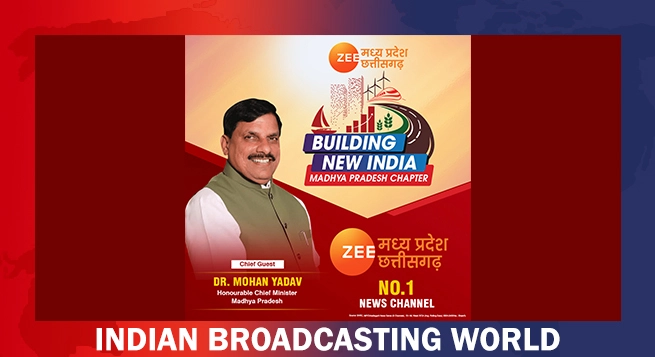The technological disruption that the world has undergone has led to a radical transformation in the education ecosystem, something that humankind had never experienced before.
The 29th Convergence India expo & the 7th Smart Cities India expo hosted an enriching webinar with a set of experts from India and Slovenia, discussing the way forward in the education sector.
The adaptation and integration of technology in classroom teaching has been one of the biggest changes amid the COVID-19 pandemic. Forced to rethink how education works in the wake of this disruption, educators have had an opportunity to reimagine learning and equip students with the cognitive, creative, social, emotional, and physical skills required to navigate the future, a statement from Exhibitions India Group stated.
- Rajendra Kumar, Director, School of Architecture, Noida International University, deftly moderated the webinar, and led to an insightful discussion by keeping the panel and the audience engaged through scintillating questions. He observed and applauded the great ideas and CSR initiatives broadly brought forward by the honorable speakers.
Elaborating on the challenges that the countries have overall faced and stressing upon quality education for all, Namrata S. Kumar, Ambassador of India to the Republic of Slovenia stated, “The major challenge with online education has been imparting education in remote ways at mass level. Unless access is available to all the people who are in the learning age group, the very mandate of SDG-4, which is education for all, will not be possible until we provide equitable access of technology.
“Also, unless the access cost decreases and the quality of access increases in all the universities, the gap in education quality will continue.”
Highlighting the importance of AI in certain processes, if not all, of education, Dr. Jernej Pikalo, former Deputy Prime Minister and Minister of Education, Science and Sport , Republic of Slovenia, remarked, “On one hand we have the technological challenges but also a lot of opportunities. For some of them we can foresee global or regional solutions. School is not just about learning texts, but also learning non-cognitive and soft skills, physical education, etc., for which we need a different approach and it cannot be done online.”
Speaking on how the COVID-19 pandemic gave online education a push, Dr. Anil Sahasrabudhe, Chairman, All India Council for Technical Education, revealed, “In some way or the other online education had even previously begun, either in a localized way or with the model or within the universities but not exhaustive and the order of the day was always the traditional way of attending schools physically.”
He further added: “The pandemic forced upon us and left us no choice than to opt for online classes. We have learned the lessons and challenges with regard to the bandwidth, connectivity, devices etc., which all the countries have faced and not India alone. Even developed countries like the USA have faced their cup of problems.”
 Prime Video to limit in India number of TV sets having access per subscription
Prime Video to limit in India number of TV sets having access per subscription  Delhi HC orders meta to remove deepfake videos of Rajat Sharma
Delhi HC orders meta to remove deepfake videos of Rajat Sharma  Govt. blocked 18 OTT platforms for obscene content in 2024
Govt. blocked 18 OTT platforms for obscene content in 2024  Broadcasting industry resists inclusion under Telecom Act
Broadcasting industry resists inclusion under Telecom Act  DTH viewing going down & a hybrid ecosystem evolving: Dish TV CEO
DTH viewing going down & a hybrid ecosystem evolving: Dish TV CEO  Sony YAY! announces holiday wishes from Toon-Town this Christmas
Sony YAY! announces holiday wishes from Toon-Town this Christmas  8Bit Creatives partners with ESFI to elevate WAVES esports championship 2025
8Bit Creatives partners with ESFI to elevate WAVES esports championship 2025  Zee MPCG’s ‘Building New India’ event celebrates MP’s progress
Zee MPCG’s ‘Building New India’ event celebrates MP’s progress  Republic, Samsung forge content-tech partnership
Republic, Samsung forge content-tech partnership  BSNL launches free Intranet TV in Puducherry
BSNL launches free Intranet TV in Puducherry 








